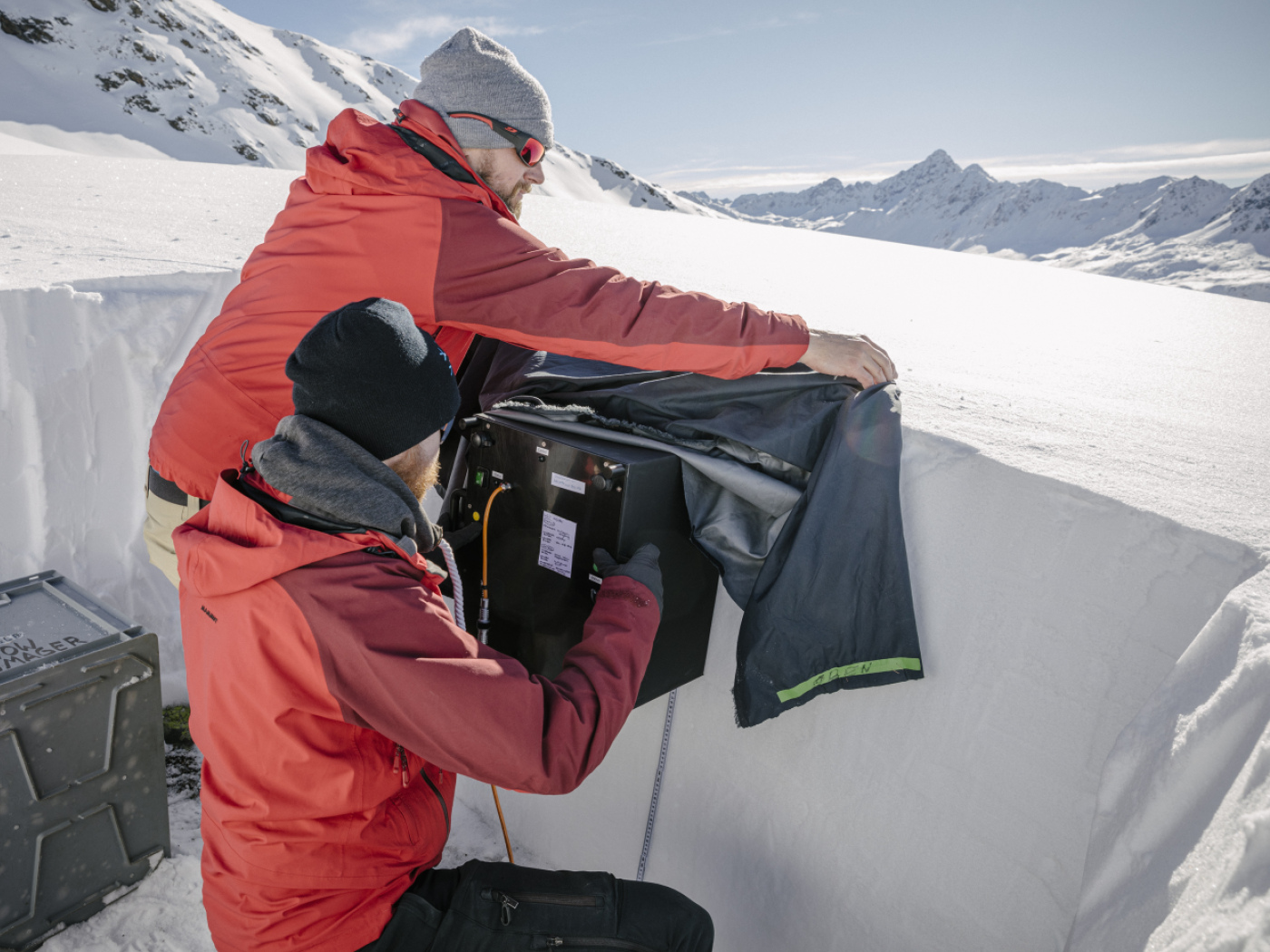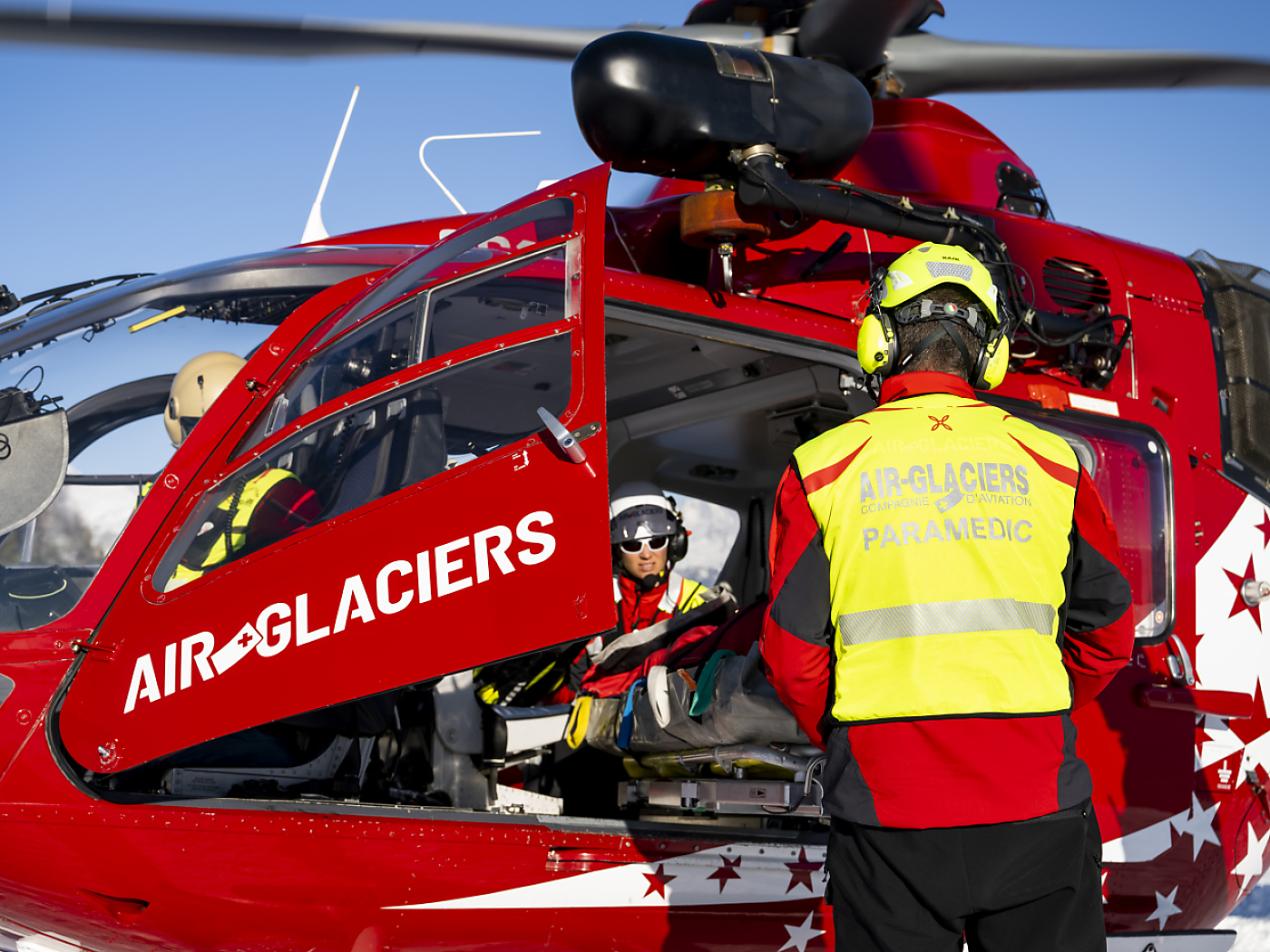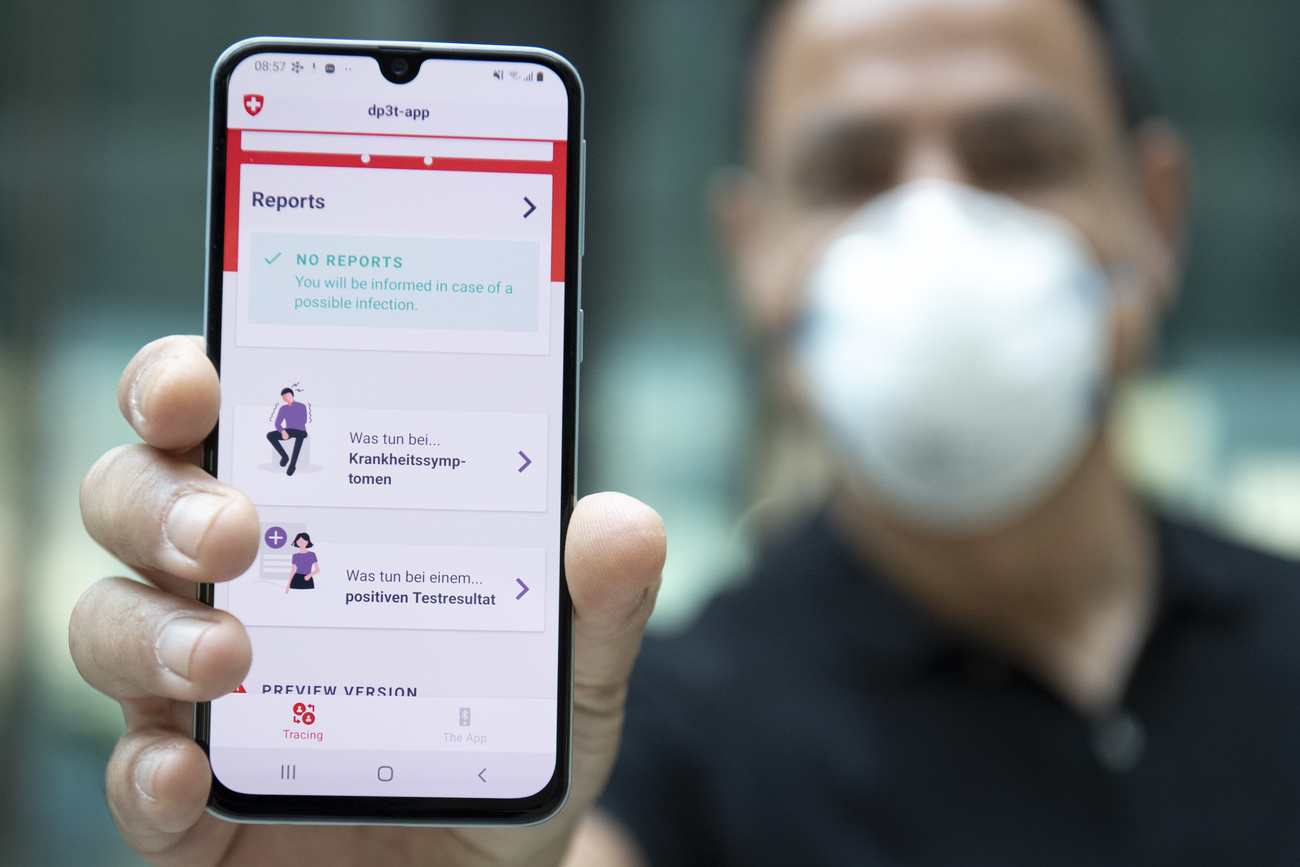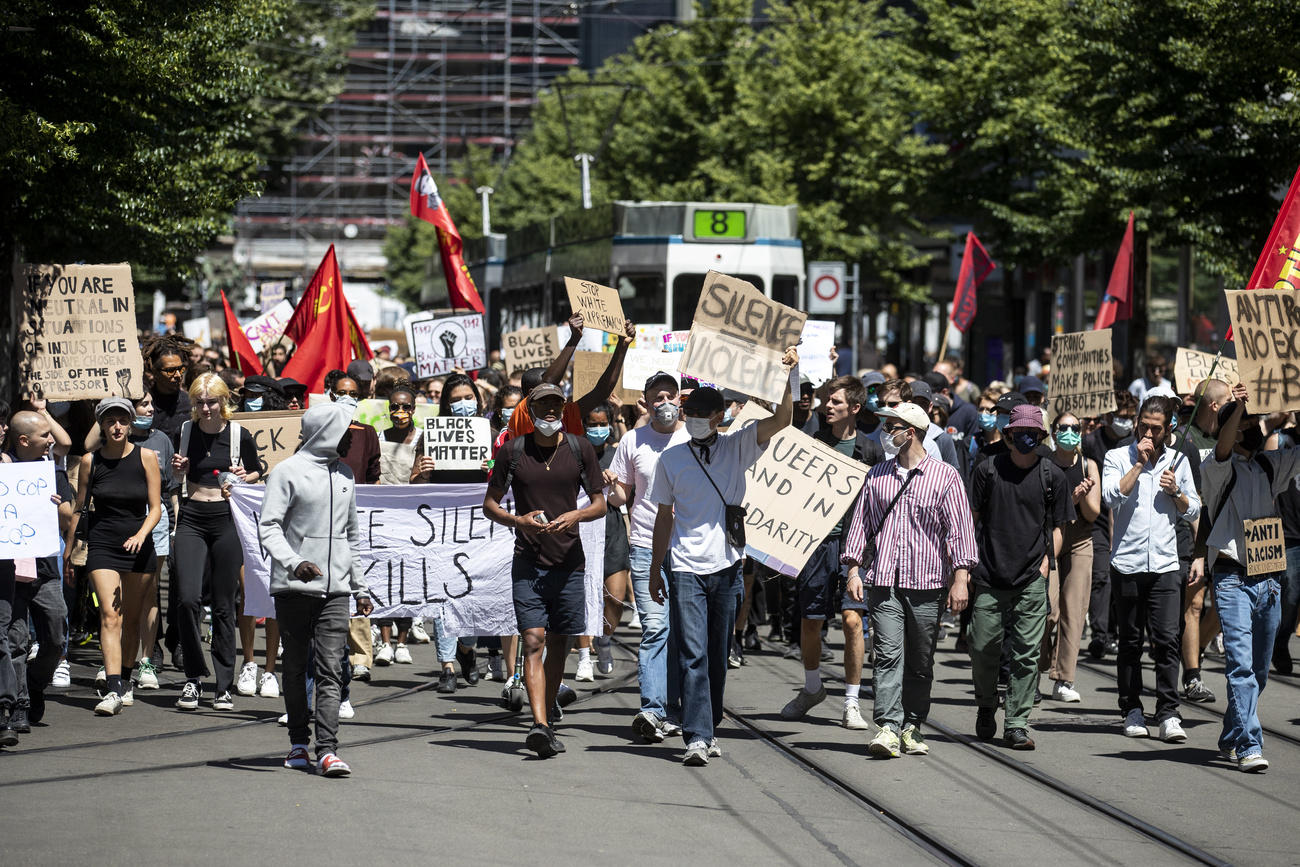Switzerland lifts most remaining coronavirus restrictions

The Swiss government has announced that it is simplifying and lifting most remaining restrictions introduced to combat the spread of coronavirus, as of June 22. The recommended "social distance" is being reduced from two to 1.5 metres with immediate effect.
From Monday 22, events drawing up to 1,000 people will be allowed (as opposed to 300 at present), provided contact tracing can be guaranteed. Only gatherings of more than 1,000 remain banned until the end of August. Restrictions on when businesses such as bars and restaurants can be open will also be lifted. People will no longer be required to sit down inside.
From tomorrow civil and political gatherings and demonstrations will be allowed but people are required to wear masks. The government is also ending its recommendation that people work from home wherever possible. It will be up to employers to decide and put the necessary safety measures in place.
Swiss president Simonetta Sommaruga and health minister Alain Berset told a press conference on Friday this was possible because statistics on deaths and new cases were currently good and “we are better prepared”. But they stressed the need for continued prudence and individual responsibility.
Business sectors should now harmonise their “protection plans”. They are required, for example, to make available soap or disinfectant for hand cleansing, respect the new social distancing norm, oblige the wearing of masks if this is not possible (for example in night clubs). Ministers also stressed the importance of contact tracing in the case of new infections.
The “extraordinary situation” necessitated by the crisis, which allowed the federal government to take powers normally the domain of the cantons, is now being lifted. Cantons will now be able to take measures according to local situations.
The government plans to put the federal coronavirus-related ordinances that are still necessary into a federal law which will go to parliament in September.
A ‘middle way’
Sommaruga said the situation had been “extremely difficult” in March, requiring the federal government to assume extraordinary powers. Now, however, she said the situation is different, with 10-35 new cases par day reported in Switzerland in the past few weeks compared with more than 1,000 in mid-March. Hospitals have shown their ability to cope and have not been overwhelmed as feared. There is more scientific knowledge about the virus, “cantons are ready to do contact tracing at their level”, and people know to follow hygiene rules such as hand washing, she told the press conference.
Sommaruga, who holds the rotating Swiss presidency this year, said the government had always kept its focus on protecting the population and reconciling this with the needs of the economy. Switzerland has chosen a “middle ground”, without imposing a strict lockdown as in some other countries.
But she stressed the need for continued vigilance, the necessity for testing and contact tracing. The Swiss Covid-19 tracing app on mobile phones has an important role to play here, she added.
“The figures are good, but we are not immune,” agreed Berset, pointing to the current situations in the US, Brazil and in China where there has been a new wave of coronavirus cases in recent days.
Federal Chancellor Walter Thurnherr told the press conference that if there were to be a serious deterioration of the situation, a new “extraordinary situation” would be possible according to the Constitution.
Global cases up
Meanwhile World Health Organization (WHO) director
general Tedros Adhanom Ghebreyesus warned that the global coronavirus pandemic was accelerating, with Thursday’s 150,000 new cases the highest in a single day, Reuters reported on Friday.
“Almost half of the cases reported were from the Americas,”
he told a virtual briefing. “The world is in a new and dangerous
phase … the virus is still spreading fast, it is still deadly,
and most people are still susceptible.”

More
Coronavirus: the situation in Switzerland

In compliance with the JTI standards
More: SWI swissinfo.ch certified by the Journalism Trust Initiative






















You can find an overview of ongoing debates with our journalists here . Please join us!
If you want to start a conversation about a topic raised in this article or want to report factual errors, email us at english@swissinfo.ch.